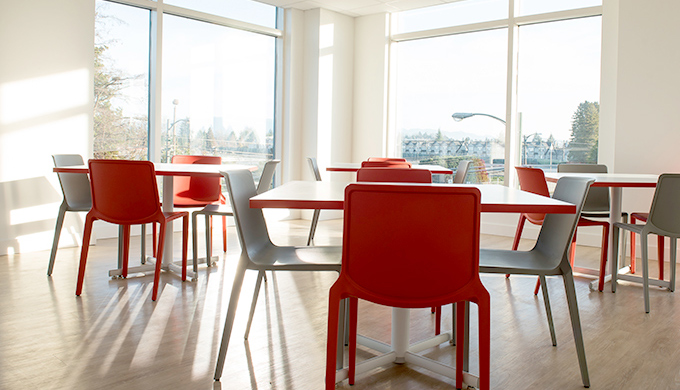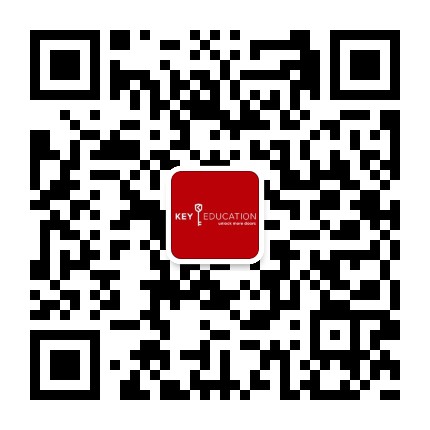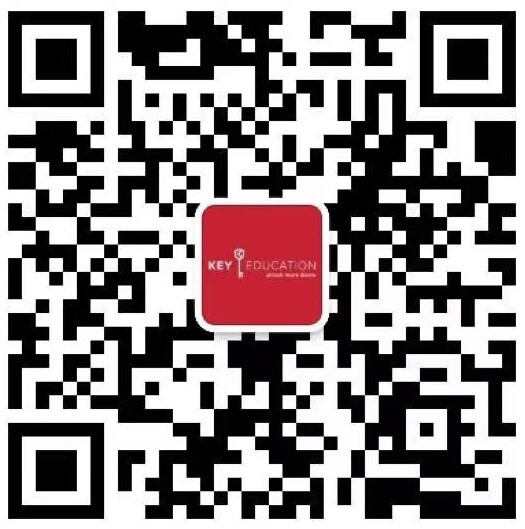
Chocolate or vanilla? As the chair of Cornell University’s admissions committee, I interviewed hundreds of high school students applying to Cornell. One of my favourite things was watching students’ reactions to when I simply asked them chocolate or vanilla? Often times, I would even start the interview with that question.
I recall seeing the confusion on some students’ faces as they were thrown off by that curveball question that they weren’t expecting. But wait a minute, wasn’t he supposed to ask me why I want to go to Cornell or what I plan on studying?!?! Why is he asking about chocolate or vanilla? Of course, I was testing them on their critical thinking ability. The best students were able to think quickly on their feet and could answer this question. However, many could not.
What inspired me to write this article were two recent interactions I had with a couple of my clients. During a conversation, one mother was lamenting to me that her friends, all Mainland Chinese, didn’t value critical thinking. To them, it was a foreign, useless concept. If it didn’t directly improve marks or scores, then it wasn’t necessary and it provided no benefit.
I must admit that being an Asian myself – but also being Western raised and educated – I have never understood the typical Asian emphasis on rote memorization. The world doesn’t work that way, though. The answers, especially in the working world, aren’t found in a textbook. To those who see the world simply through test scores and school marks, perhaps this next story will illustrate the importance of critical thinking.
I had been preparing one of my students for his Princeton University interview. When I do my interview coaching, I go far beyond the standard questions that are typically expected. Rather, I put my students through a series of those curveball questions – in other words critical thinking questions. And my method seems proven. Immediately after his Princeton interview, my student called me up. He told me that three quarters of the questions asked in the interview were critical thinking questions. The Princeton interview questions included ones like: If you were to design a college-level class all on your own, what would it be? If you had the power to change anything in the world, what would you change and why? My student thanked me for preparing him so well for those unexpected, out of the ordinary questions.
Whether it is an interview for a highly-competitive top-tier university or your first job, critical thinking is crucial. In job interviews now, you might get asked questions like, Which is better, Pepsi or Coke? How many ping pong balls can you fit in a 747 airplane? Your prospective employer wants to know if you can think outside of the box. And even if you get the job, your boss is going to expect you to find answers and come up with solutions to problems. In order to do so, you must be able to acquire, analyze, synthesize, evaluate, and apply information.
Critical thinking is a skill that can be developed. More importantly, it is a skill that is prized at those top-tier universities or coveted jobs. So, the next time you hear of someone brush off critical thinking, you may want to share this story with him or her. Also, don’t forget to ask, chocolate or vanilla?


